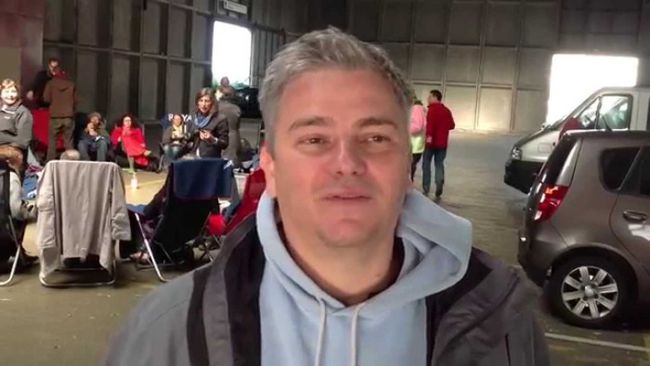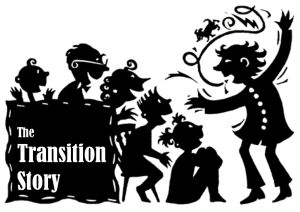11 Dec 2015
Cristiano Bottone shares his thoughts on the Transition Story.
Continuing our exploration of the Transition Story project, we asked different National Hubs for their reflections on the blog that opened our theme on the Transition Story. Today Cristiano Bottone of Transition Monteveglio and the Transition Italia Hub shares his thoughts:
“At the Paris COP21 we’ve seen heads of State, one after the other, declare their understanding of the reality of climate change, saying that it is man-made, linked to fossil fuel consumption and so on. That’s quite a step forward, already reflected in public opinion and in mainstream media coverage of the topic. On the other hand, statements made concerning the consequences, urgency and radical nature of required actions are still rather vague and indeterminate. As I write this, COP21 has only just begun… so wait and see.
Time passes, the world evolves, but things have not, in my opinion, changed to the point of requiring changes to the essential elements of the Transition narrative, not yet. To the best of my knowledge, Transition is the only context in which causes and consequences are narrated based on solid sources, in a systemic approach (everything is connected) and taking into consideration the psychological and social consequences of presenting such information. In my experience, this is the approach most likely to produce a reaction proportionate to the problem, whether action then takes place on the personal, family, local, regional, practical or political, national or international levels.
I do not think we should stop talking about peak oil, resources, climate change: rather I think this is as urgent as ever. With a house on fire, shouldn’t we worry about putting out the flames before thinking of how to decorate the living room? At the same time, of course these are not the only things we should be talking about nor the only entry way for people to acces Transition (they never have been). Of course we can facilitate a transition by talking about food, gardening, communication, social justice, democracy, schools, love… (it’s what we’ve always been doing, isn’t it?). I believe the most important factor is to always respect the needs and feelings of other people, offering safe spaces in which to acquire correct information when they are ready for it, never forcing or imposing.

A person interested in facilitating or getting involved in a transition process needs to be aware of the overall scenario, even though we know it is a heavy burden to carry. Without this awareness, we will simply not do all that is necessary; we will not choose the appropriate scale or timeline. Without this knowledge, we will not be able to communicate at a deep enough level with enough human beings in a short enough time. The key for me is not to inform in quantity, but in quality and diversity. That is, to supply information to the right nodes of social networks, activators and disseminators, and make sure we get enough density, ensuring that these nodes are close enough to guarantee frequent interaction (in my experience, this seems to work very well). I think it would be very interesting to give some thought to which information and which approaches prove most useful and effective in which context.
Maybe this is a false dilemma, we don’t really need to choose, once and for all, what to say and what not to say, but rather offer different pathways and different topics to choose from based on different situations, cultural contexts, moments and so on (and this is in fact what I’ve actually seen happen on the ground in the movement). Which brings me to the need of supporting Transition initiatives in learning how to manage relations and contacts strategically… but that is another story.

